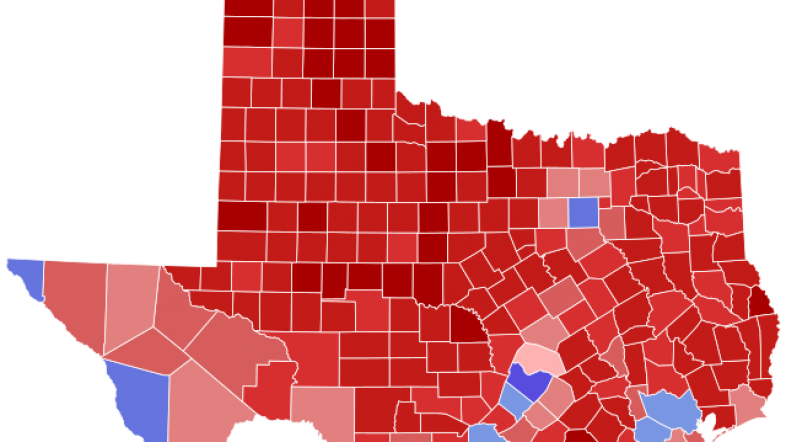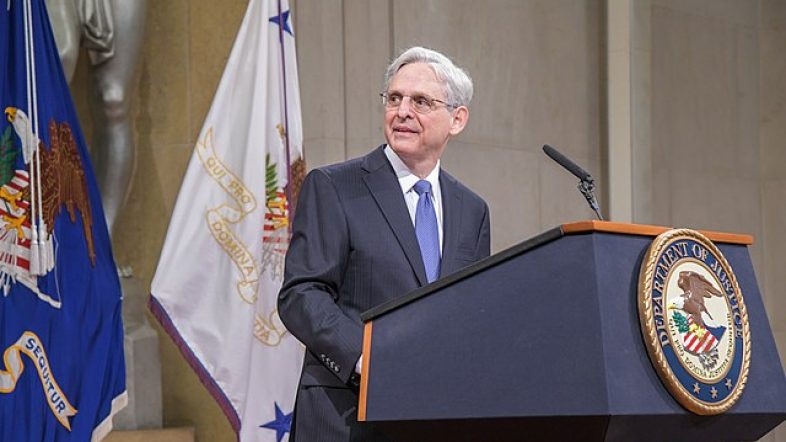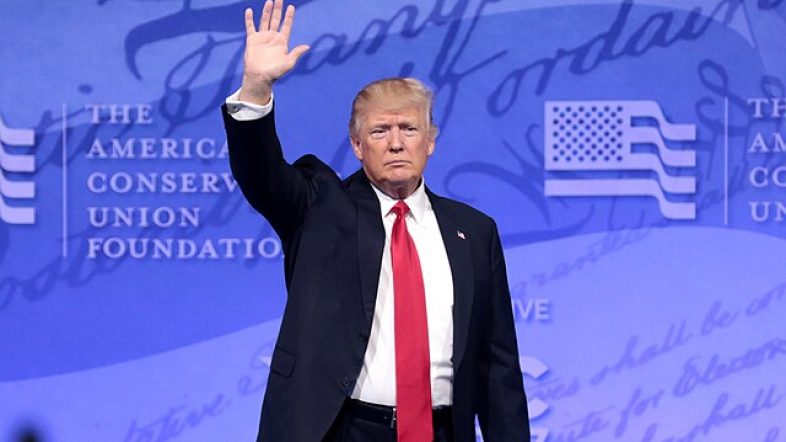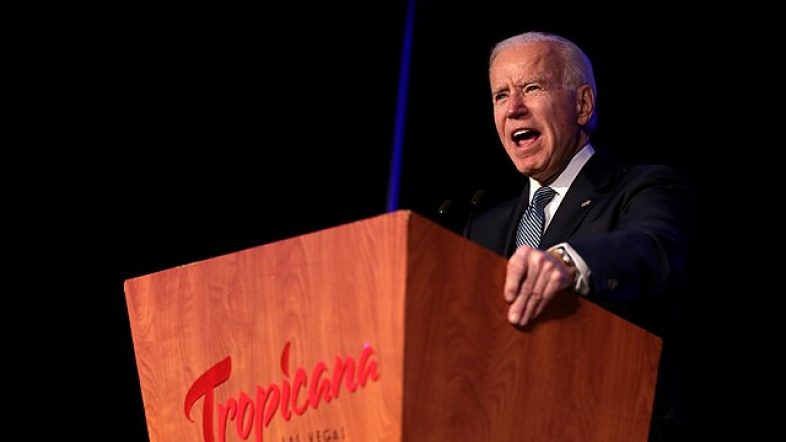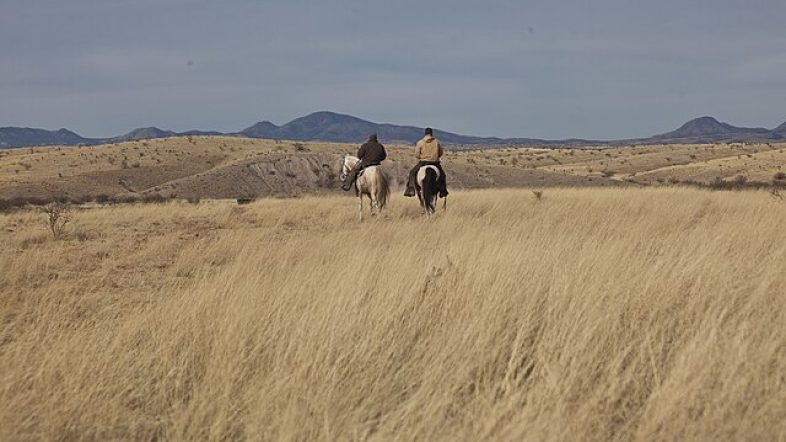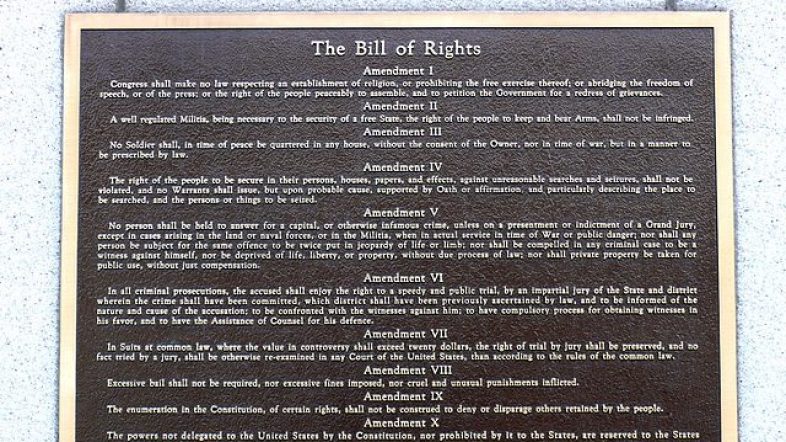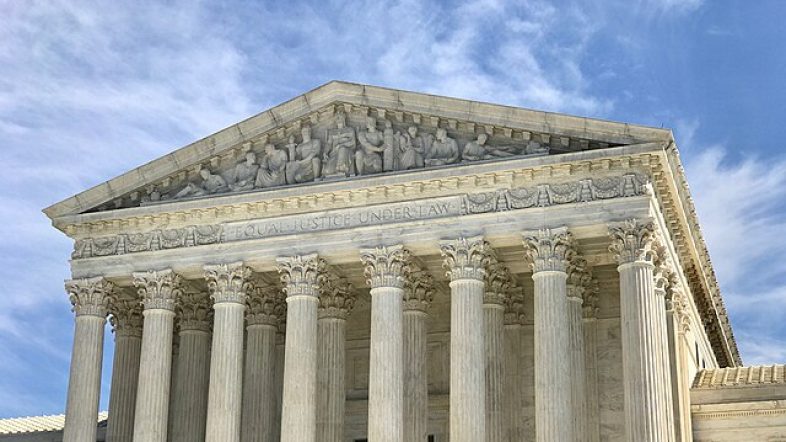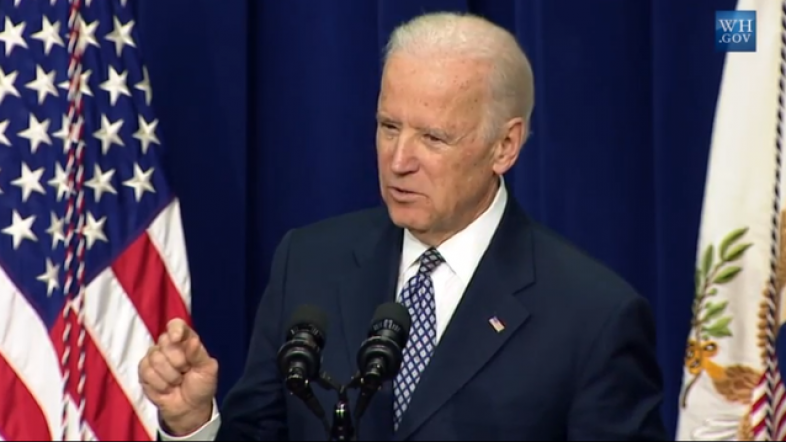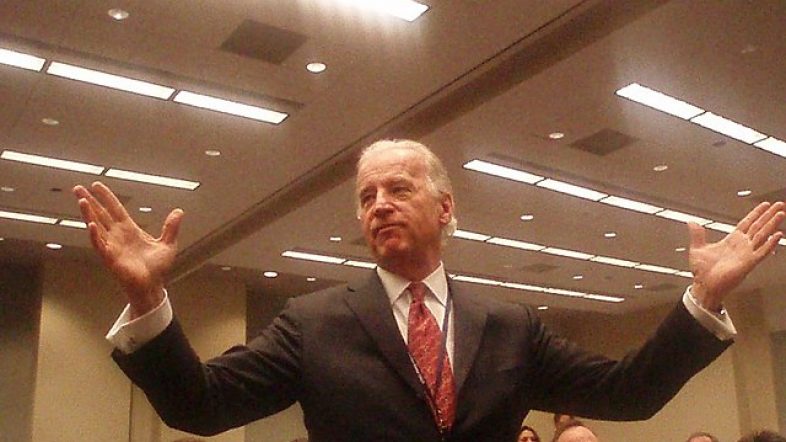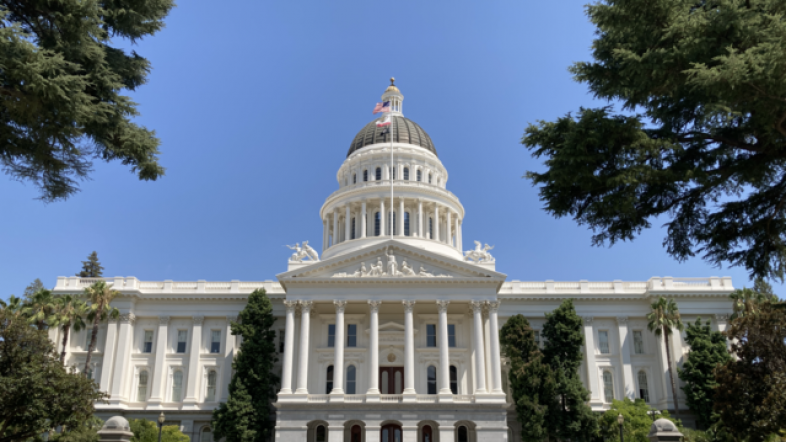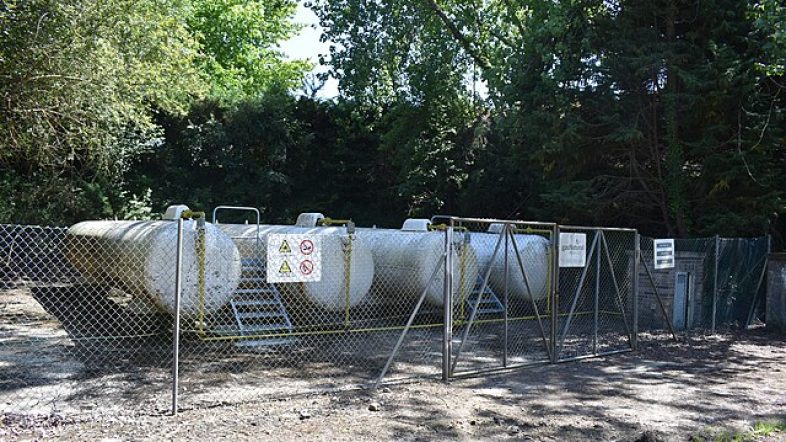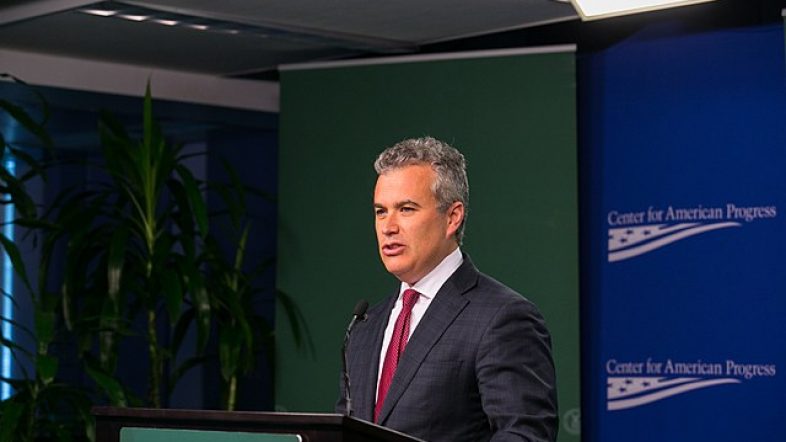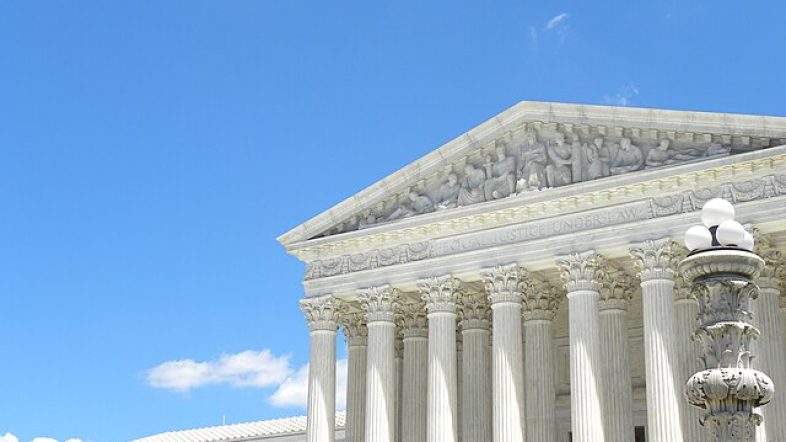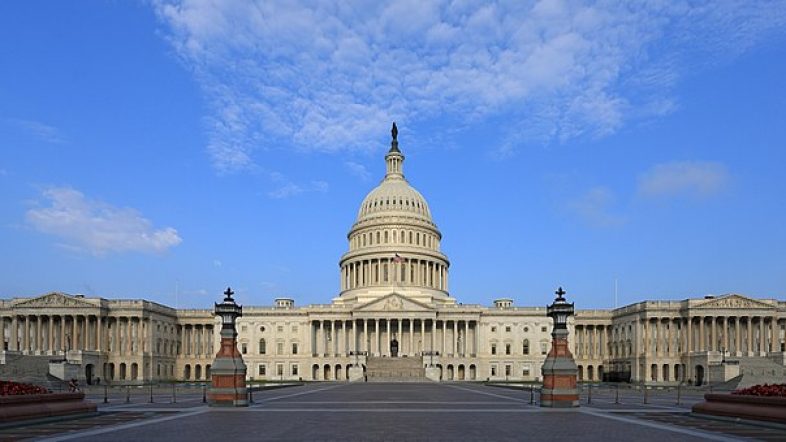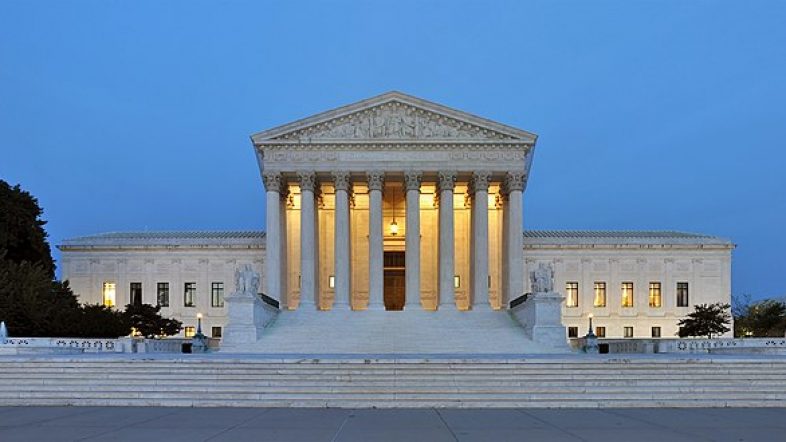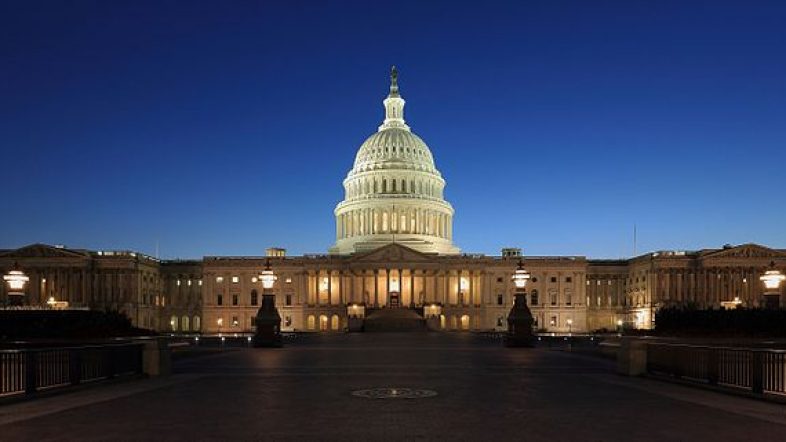The adjective “Orwellian” can be overused in our political discourse. But how else to describe a situation in which the federal government abdicates its responsibility to secure the nation’s wide-open border and then, when a state steps up to help stanch the bleeding, is told by that same federal government to stop — and, for good measure, that its efforts to help secure the border via a new razor wire barrier will be undone?
There really is only one apt word: “Orwellian.”
On Monday, the Supreme Court voted 5-4 — with moderate Chief Justice John Roberts and center-right Justice Amy Coney Barrett joining their liberal colleagues — in favor of the Biden administration, which had requested that the court permit its Border Patrol agents to cut or remove protective razor wire fencing installed by Texas officials along the besieged Rio Grande. The court’s ruling is simply astonishing.
In America’s federalist constitutional order, both the federal government and the states act as fully sovereign actors operating within their delineated spheres of legitimate governing authority. The federal government — which was itself initially created in the late 1780s by the then-preexisting states — is in no position whatsoever to demand that states deliberately undermine their own sovereignty. That is especially true when the federal government itself obstinately refuses to secure the nation’s territorial integrity, as has been the case throughout Joe Biden’s disastrous presidency.
That both the federal government and the states may wield power as fully sovereign entities within our constitutional order is constitutional law 101.
As the late Justice Antonin Scalia wrote in the 2012 Supreme Court case Arizona v. United States, “As a sovereign, Arizona has the inherent power to exclude persons from its territory, subject only to those limitations expressed in the Constitution or constitutionally imposed by Congress.” (In Texas’ current case, there is no relevant constitutional limitation or congressional imposition.) Later in his separate Arizona writing, Scalia continued: “(A)fter the adoption of the Constitution there was some doubt about the power of the federal government to control immigration, but no doubt about the power of the states to do so.” (Emphasis added.)
Toward the end, Scalia approached his denouement: “But there has come to pass, and is with us today, the specter that Arizona and the states that support it predicted: A federal government that does not want to enforce the immigration laws as written and leaves the states’ borders unprotected against immigrants whom those laws would exclude. So the issue is a stark one. Are the sovereign states at the mercy of the federal executive’s refusal to enforce the nation’s immigration laws?”
It seems, sadly, that the answer is “yes.” Substitute “Arizona” for “Texas,” and nothing else has changed today.
Texas Gov. Greg Abbott’s reaction was swift and defiant. On Wednesday, Abbott released a statement in which, citing Scalia in Arizona, he lamented how the federal government “has broken the compact” that exists between it and the several states. He formally declared an “inva(sion)” under Article I, Section 10, Clause 3 of the Constitution. Such an express constitutional provision, which reflects the sovereign states’ inalienable right to self-defense, is necessarily supreme to any single order of the Supreme Court. Texas is therefore constructing new razor wire fencing.
Texas is correct to stand its ground. First, the Supreme Court’s order more narrowly permitted Border Patrol agents to remove wire; it said nothing whatsoever about Texas officials’ ability to construct new wire. Second, even if there were a direct clash between Texas and the Court, Texas’s reliance on an express constitutional provision to declare an “inva(sion)” — and thus assert its unequivocal right to secure its borders — takes precedence over a Supreme Court edict. Finally, unless one erroneously accepts the illogical (and frankly un-American) premise of judicial supremacy, under which Supreme Court rulings represent the definitive and all-encompassing “law of the land,” then one should support the state of Texas’ ability to independently interpret the Constitution for itself.
To act as Texas has done is not to invoke the antebellum debate over “nullification” and resuscitate the ghost of John C. Calhoun. Texas’ action here is closer to “interposition,” a legitimate constitutional concept explained by James Madison in The Federalist No. 46: “Were it admitted, however, that the federal government may feel an equal disposition with the state governments to extend its power beyond the due limits, the latter would still have the advantage in the means of defeating such encroachments.”
The mass invasion now transpiring at the U.S. southern border is illegal, immoral and unsustainable. Its scope is truly unprecedented in our history, posing a mortal threat to the nation. God bless Greg Abbott and the great state of Texas, who rightfully cherish their sovereignty and righteously refuse to bend the knee to the most lawless presidential administration in American history.
Josh Hammer on January 27, 2024


